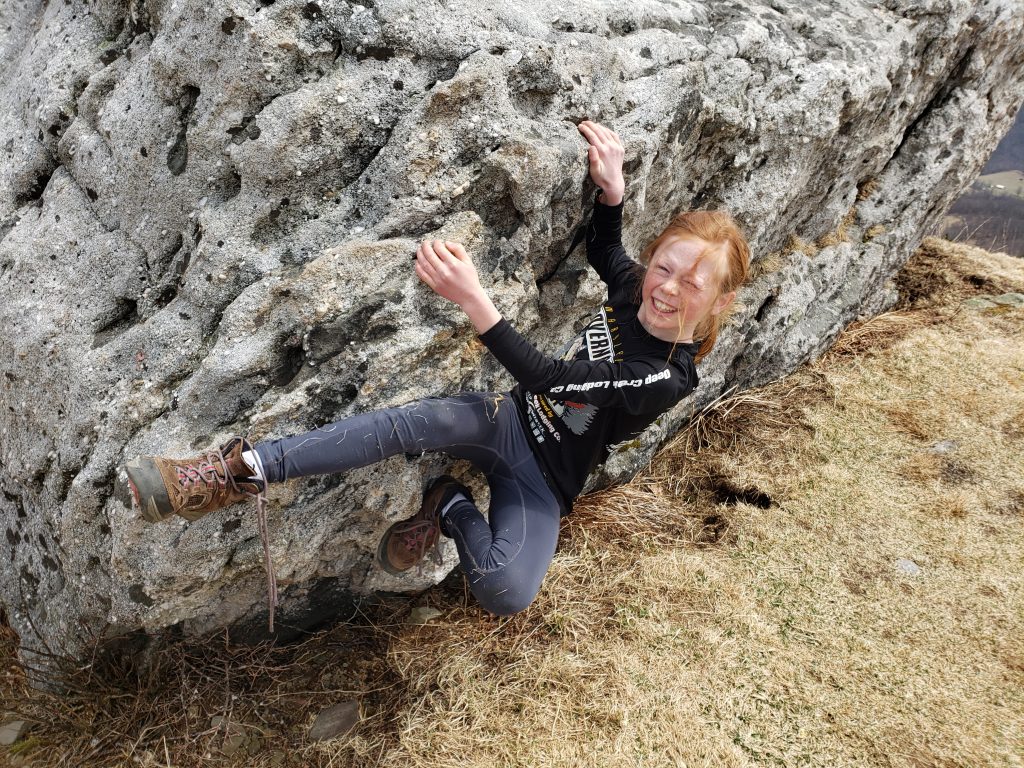
Single Story
By Maraid Johnson
Everybody should know that there are unheard stories that include big ideas, sacrifices, and reasons. I am Maraid Johnson a sixth-grade student at Morgantown Learning Academy. I want people to know that not only in popular stories are the people that make big differences like making a war end, solving a problem, or making a business, there are unsung heroes too. A Single Story is started if you show a person as one thing and do it over and over. The Hatfields and Mccoys are the two families that were part of a feud called the Hatfield and McCoy feud. The Mccoys lived in Kentucky and the Hatfields lived in West Virginia. During the feud a reporter took a picture of the Hatfields that started the stereotypes of West Virginians. Don’t let a picture tell you who you are.
West Virginia has a history with many perspectives and Single Stories. I believe by looking past these commonly told stories, we could find the Hatfields and McCoy feud had more to it than a pig. And there were many important sacrifices made in the mine wars, and I think by learning about these single stories or perspectives of WV, people will be more open minded about different cultures.
The Hatfields and McCoy feud wasn’t all about a pig and it was started by the lumber industries coming through. In the Hatfields and McCoy Feud everybody chose the side of their families. At one time a McCoy in a jury voted for the Hatfields, he was most likely killed afterward and that would affect other Mccoys siding with Hatfields. If a McCoy or a Hatfield did anything that helped the other family, they would probably be killed. The perspectives of the Hatfields and Mccoys were different. Before the feud started the Hatfields and Mccoys were good friends. Lumber industries became really popular and so the Hatfields started logging, they competed with the Mccoys. The Mccoys accused the Hatfields of stealing their pig. But everybody thinks it wasn’t just the pig that started the feud, it was actually started by the competition that was encouraged by the lumber industries. Many people had many perspectives in this feud like the perspective of the McCoy in the courtroom and if he hadn’t voted for the Hatfields then the feud would have played out differently.
The Mine Wars of West Virginia is a sacrifice not taught in schools. The Mine Wars occurred between 1912 and 1921 and consisted of many strikes that ended in a war. During one of the strikes, the miners started a tent colony but many of the children got sick, so the miners were forced back to work. The miners also marched to Blair mountain and wore red bandanas so they could distinguish each other, and this is why the teachers of WV wore red bandanas during their recent strike. This is not taught because the Governor was concerned it would embarrass West Virginia. All the miners and their families sacrifices contributed to the right to organize and establish unions. There are many more sacrifices left untold.
I think if we learn more than a single story of WV, we will be more open minded concerning single stories and the stereo types they generate.
A related example is described in the TED talk by Chimamanda Ngozi Adichie. She was born in Nigeria, and when she went to college in the USA her roommate thought she was poorand helpless. She thought Chimamanda did not know how to use a stove because she lived in a house without electricity. She was surprised when Chimamanda could speak English very well and did not know English was Nigeria’s official language. WV has a lot of single stories in its history like the Hatfields and McCoy feud and the WV mine wars. For this reason, West Virginians are often thought to be hillbillies and rednecks much like Nigerians are thought to be poor and helpless. I think by listening to Chimamanda’s TED talk or meeting a West Virginian can do a great deal to open minds and break the stereotypes associated with single stories.
Even though you can’t hear or know every story, it is important to know there are more stories from different perspectives. It is important not to let a story tell you who you are. It is important to tell stories from different perspectives, tell stories people aren’t used to hearing, be wary of single stories and stereotypes, try to see past these stereotypes, and try to be more open minded about single stories.


Comments are closed.